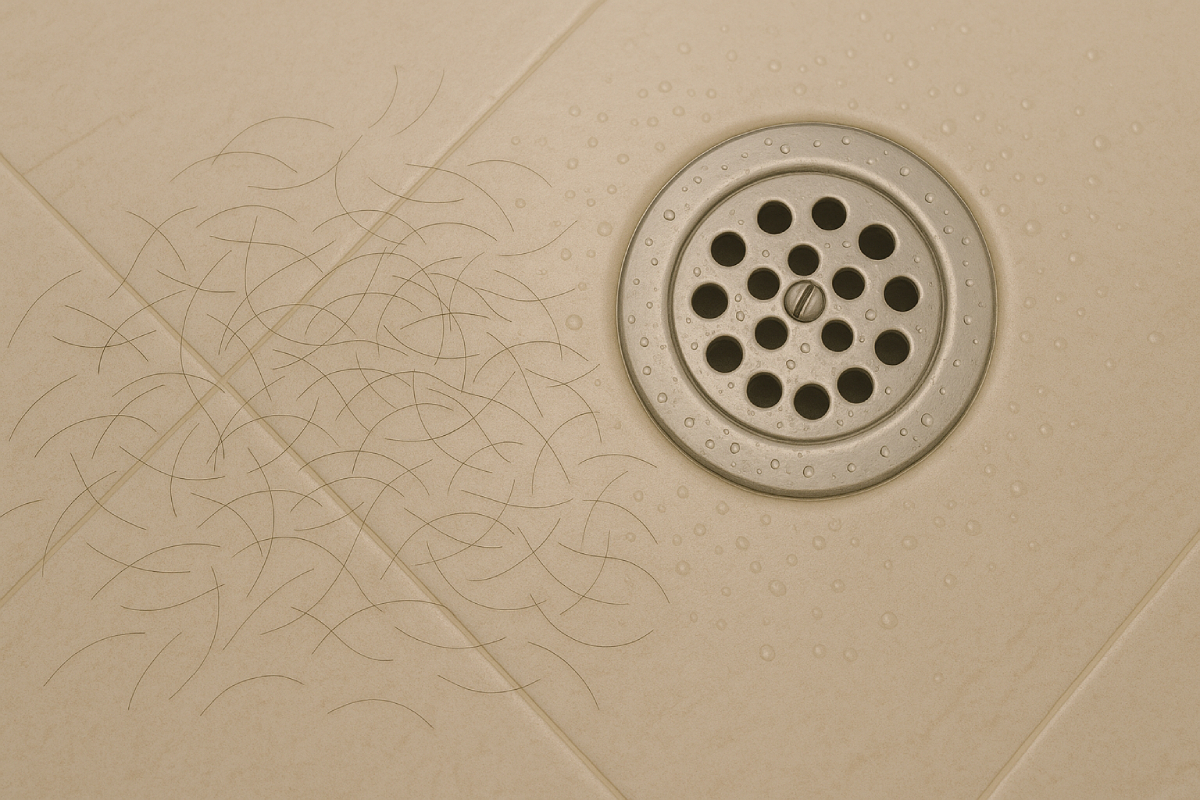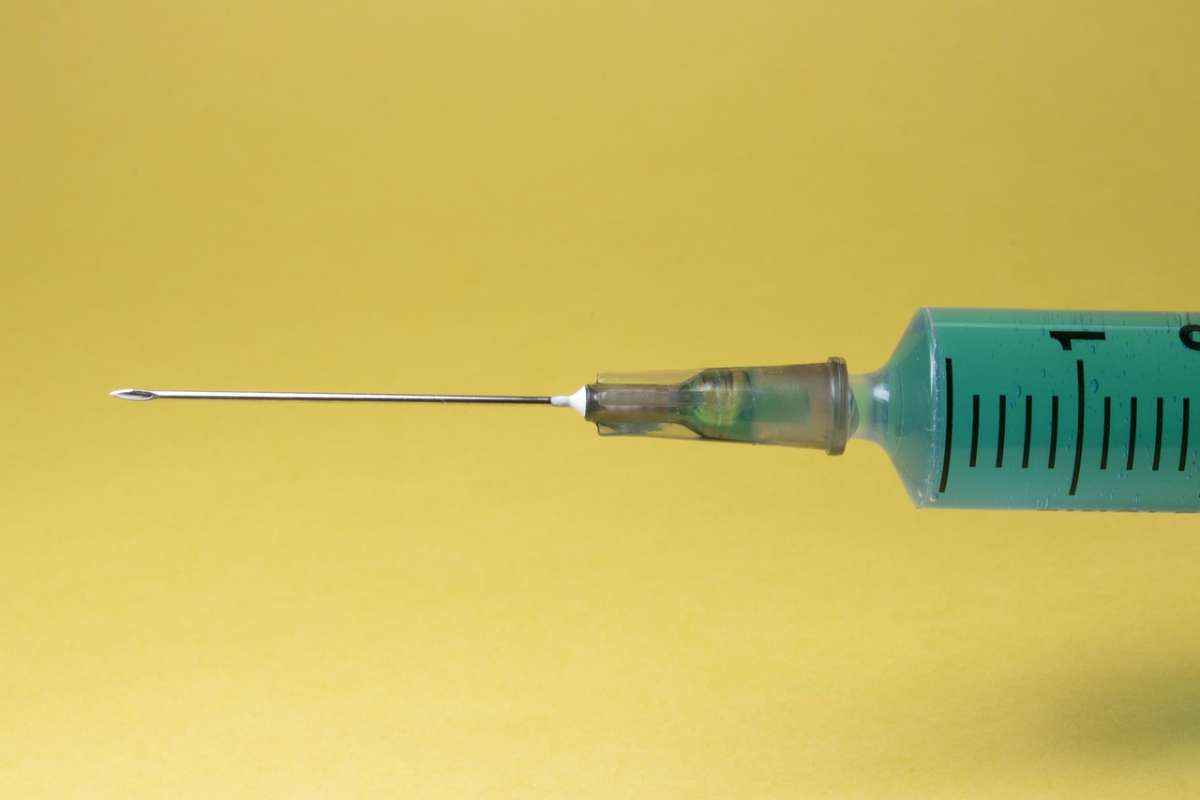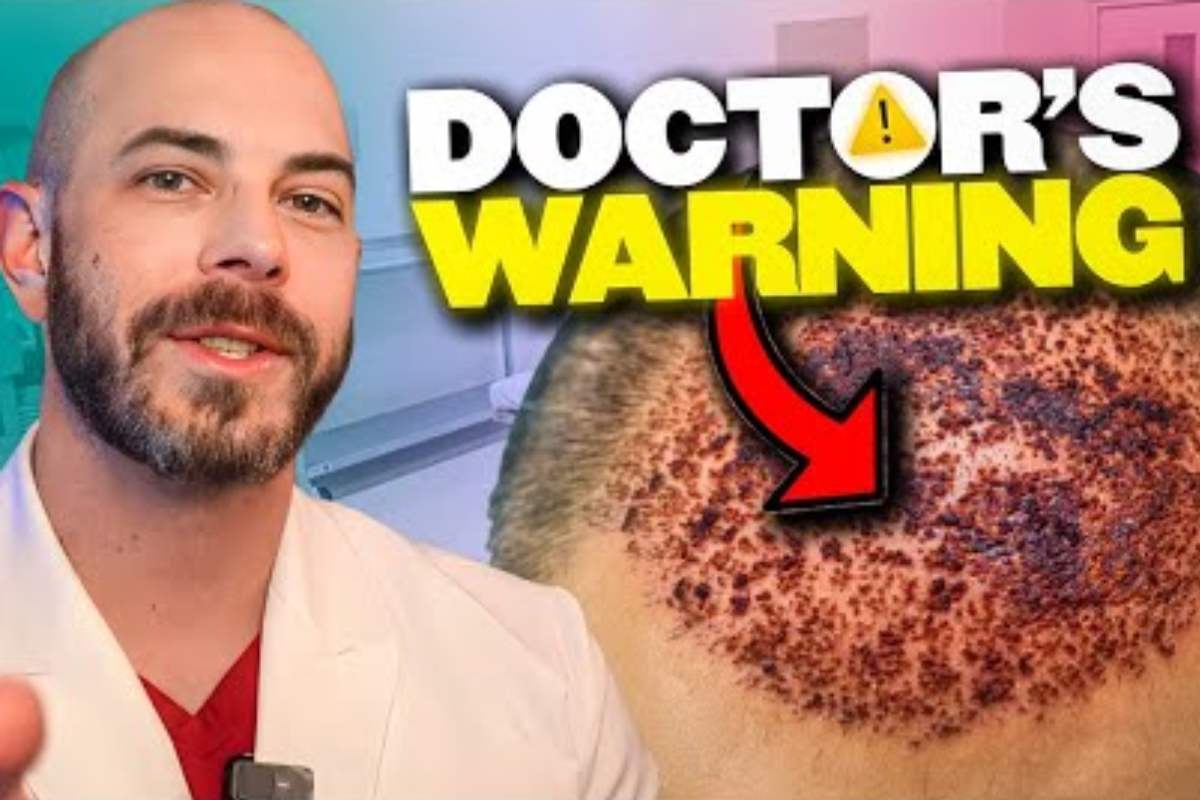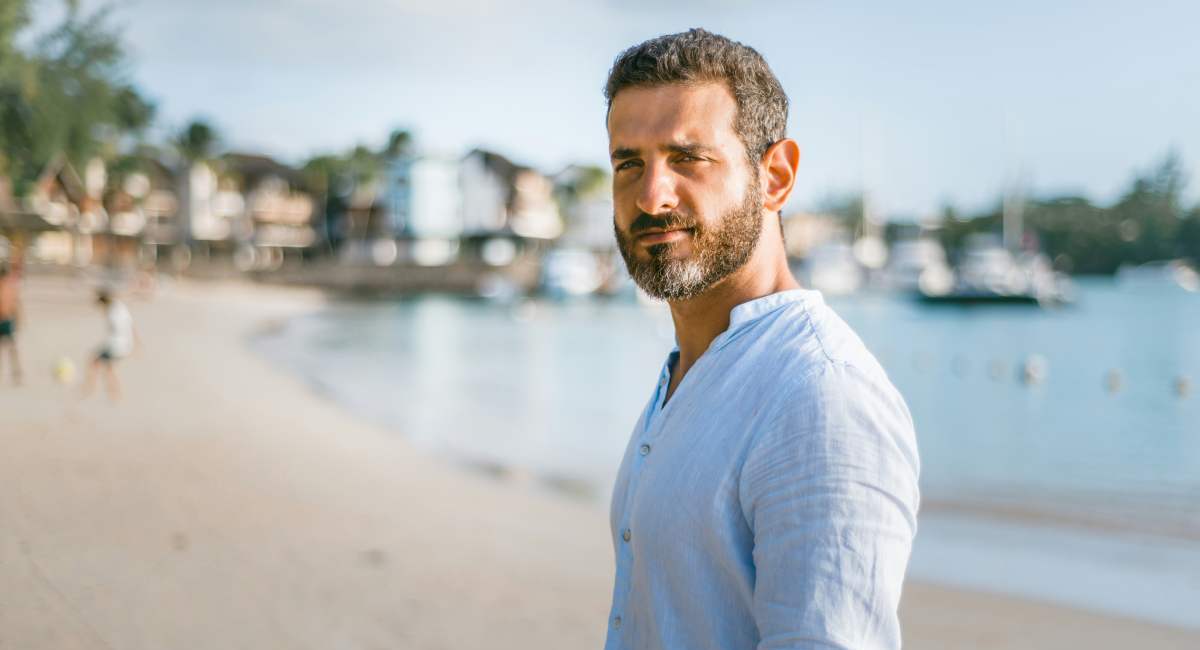Androgenic alopecia, most commonly known as male pattern hair loss, is an extremely common issue for many men as they age. In fact, approximately half of all men over the age of 50 are afflicted. Though many happily embrace a hairless future, others choose to fight it in hopes of gaining back the confidence connected to their locks.
Thanks to scientific breakthroughs and innovations, there are a multitude of options when it comes to improving hair growth. Surgical procedures are incredibly successful but invasive and often reserved for when previous methods have failed. Several medications also boast great results, but many also don’t want to rely on daily pills, and their possible side effects.
Instead, most men prefer to start with simple, noninvasive solutions—most notably, shampoos. With so many products on the market, some companies will try to take advantage of those desperately seeking their old head of hair.
So, how can you be sure you’re not wasting money on snake oil? You can spend $3-$100 on a bottle of shampoo, but it is worth it? First, let’s look at how shampoos developed to minimize hair loss and increase hair growth actually work.
How Do Hair Growth Shampoos Work?
Though there are various ways that people lose hair, our own hormones and genetics are almost always to blame. Typically, this is due to the effects of testosterone and dihydrotestosterone (DHT). Hair loss shampoos will use various ingredients intended to suppress these hormones. Ingredients include:
Ketoconazole
Widely regarded as the most important ingredient to look for in shampoos made to treat hair loss, ketoconazole is actually an antifungal solution which also has anti-androgenic properties that may prevent hair growth. Similar to finasteride, ketoconazole can prevent the action of testosterone or DHT on the hair.
There currently are few large studies proving ketoconazole actually is absorbed into the scalp enough to fully achieve this goal. However, some smaller studies have shown that shampoos with 2% ketoconazole may be as effective as minoxidil regimens. Ketoconazole also has anti-inflammatory effects which can help keep the scalp healthy and free of the grease and scale that may impede hair growth.
Biotin
An all-natural nutrient essential for creating healthy hair, biotin, also known as Vitamin B7, Vitamin H, or Coenzyme R helps strengthen hair. Essentially, it’s a co-enzyme that helps synthesize the fatty acids and amino acids needed to produce keratin, which is what hair is mostly made of.
Though results have not been scientifically proven, a quick Google search shows that anecdotally, many believe biotin has helped them thicken and strengthen their hair, especially when taken orally. Less is known about biotin’s benefit when used topically in a shampoo.
It is indisputable that biotin is required for hair synthesis and is incredibly safe to use. From a marketing standpoint, it also makes for a great ingredient to add to hair loss shampoos. It might help—and it certainly won’t hurt—your hair.
Caffeine
It’s good for so much more than getting you out of bed in morning. Caffeine has been scientifically proven to potentially promote hair growth in human tissue . Basically, the stimulant plays a role in counteracting the effects of testosterone, which in turn increases hair growth potential.
Don’t think drinking coffee will help though. For results, data suggests you’ll have to apply caffeine topically so it can be absorbed into the scalp and directly to the hair follicles themselves, making shampoos a great way to get it on your head.
Saw Palmetto
Though official research has yet to confirm its effectiveness, saw palmetto has been used for centuries to treat hair loss and many believe they’ve had positive, all-natural hair growth results. Saw palmetto may work because it blocks the 5-alpha-reductase, one of the enzymes that converts your testosterone into DHT.
Like biotin, there has been little verified scientific proof of its effectiveness. Also like biotin, it won’t hurt or hinder hair growth. Especially if you’re seeking a drug-free solution, it may be worth a try.
How Do I Choose the Right Shampoo?
First off, always visit a doctor or hair growth specialist before starting any treatment. An expert will be able to pinpoint exactly why you are losing your hair. This can be an essential step in developing a comprehensive plan in battling your baldness. Don’t wait until it’s too late for noninvasive methods to be effective.
Also, don’t expect a simple bottle of shampoo to work miracles. Shampoos are most helpful for keeping your hair clean and your scalp healthy. In addition, shampoo removes debris that could increase irritation or inflammation that may impede hair growth. However, they do little to change the actual biology of your hair growth.
Once you’ve decided to try hair growth shampoos, always do these three things:
1. Check the Ingredients
You’ll always want to ensure you know what ingredients are included in the shampoo. When it comes to over-the-counter shampoos, the ingredients listed above have the most potential benefit based on current data. Others may be helpful as well, like niacin and argan oil, or tea tree oil, but have even less scientific backing or testimonials.
2. Look at Reviews
If a product doesn’t have at least a year of consistently high unbiased reviews by many users, skip it. The product pages should also always link to scientifically backed studies proving thorough research and effectiveness. Like the saying says—if it’s too good to be true, it probably is.
3. Give it Time
Remember—hair growth is slow. Even the best products take several months to show results. Don’t become frustrated and toss the bottle after a few weeks. Try to give it at least 4 months before deciding the product isn’t right for you.
Minoxidil and Prescription Hair Growth Shampoos
Minoxidil is widely regarded as the most effective topical FDA-approved drug to fight hair loss. Commonly used under the well-known brand Rogaine, this topical solution is used in several brands of hair loss shampoos, creams, serums and foams in both over-the-counter and prescription strengths.
Unlike the ingredients above, minoxidil has a higher likelihood of side effects including scalp irritation and increased body hair in places other than your scalp. If other treatments haven’t proven successful however, this is a great option with high success rates for both men and women suffering from hair loss. Users should expect approximately 4-6 months for results, with full results taking about a year.
Curious about finding a solution to your hair loss issues using shampoos, or another method? Call the experts at Limmer Hair Transplant Center. We are dedicated to achieving incredible results for our patients and providing the hair of their dreams. For any questions or to set up a consultation, call us at (210) 496-9992 or request an appointment online today.







